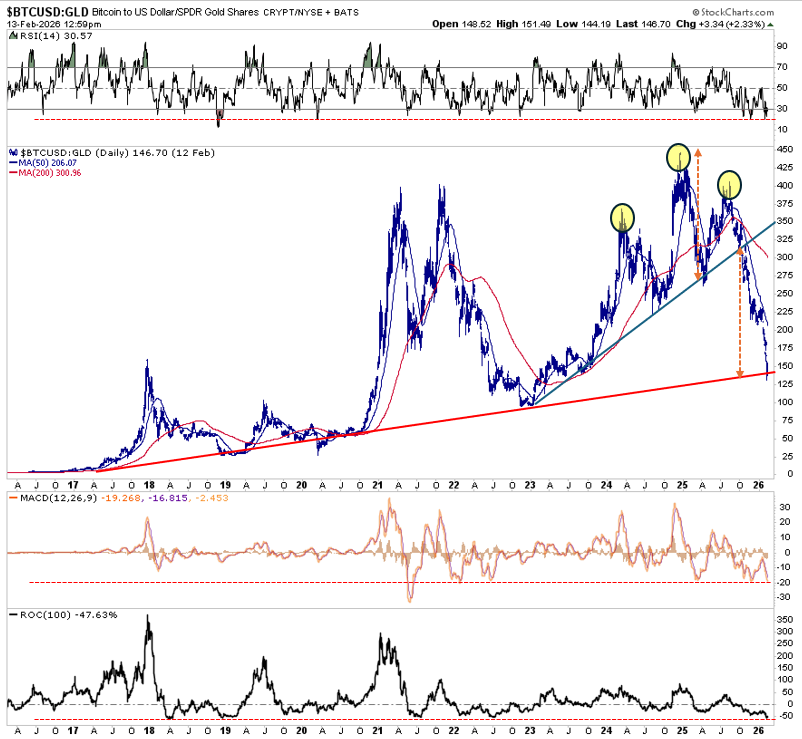The Revolt against Humanity: Imagining a Future without Us
by Adam Kirsch
Columbia Global Reports, 2023; 100 pp.
Aristotle says in book 1 of the Nicomachean Ethics that “happiness, therefore, being found to be something final and self-sufficient, is the End at which all actions aim.” The Greek word eudaimonia, “happiness” in this edition, is often translated as “flourishing.”
Isn’t it obviously true that you want your life to flourish? Of course, all sorts of bad things can happen to you, but they aren’t what you aim for. Some people think there is more to morality than happiness, or define “morality” so that it includes only duties to others, but even those who do this usually acknowledge that seeking your own happiness is important.
In his new book, Adam Kirsch, a poet and literary critic who edits the Wall Street Journal’s weekend Review section, writes about people who deny that you should seek your own happiness, giving them credence that their views don’t merit. Antihumanists are one group of people that doesn’t value flourishing. They believe that human beings will bring about a catastrophe not only for themselves but also for other species if present levels of carbon emissions continue.
Antihumanists don’t think our damage is confined to climate. In the present era of the “Anthropocene,” the fashionable term, human beings have upset the balance of nature. It’s not that the world was a paradise before our arrival, but we have made things much worse:
The idea that we will destroy ourselves in despoiling the planet is more radically unsettling [than the threat of nuclear war]. It means that humanity is endangered not only by our acknowledged vices, such as hatred and violence, but by pursuing aims that we ordinarily consider good and natural: prosperity, comfort, increase of our kind.
In my view, the apocalyptic scenarios of the climate change propagandists are gross exaggerations, but that is not an argument that needs to be considered here. (For a good discussion, see Alex Epstein’s Fossil Future, which I reviewed here.)
Suppose that you do think an imminent climate catastrophe is coming soon unless we “do something.” In that case, shouldn’t we try to arrange our activities so as to disturb our lives as little as possible? The antihumanists don’t think so. Since we have done so much damage to nature, they think that it would be a better idea to get rid of us.
If the only way to restore the sovereignty of nature is for human civilization to collapse, then [Paul] Kingsnorth welcomes the prospect. . . . If he must choose between nature and humanity, Kingsnorth chooses the former, with full awareness of where such a decision may lead.
Kirsch notes that some philosophers sympathetic to antihumanism think that to state their position properly requires a radical modification of ordinary language:
The first step in changing our picture of the world is to change the language we use to describe it. . . . For the theorists of antihumanism, language presents a particular problem, because it is an exclusively human mode of cognition. Paradoxically, as soon as we state our intention to think outside or against our humanity, we have failed, since this is a statement only human beings could conceive or understand.
An interesting problem confronts those who take so negative a stance toward human beings. If our activities do indeed put us at odds with other types of life or the “balance of nature,” why should we care about that? Why is it in our interest to sacrifice ourselves for an assortment of plants and animals?
One response would be to deny that values, meaning what ought to be pursued, are directly related to people who want them. According to this position, values are “intrinsic”; something is valuable just in itself. Among the intrinsic values, though, are the relative values or interests of various living things (and nonliving, in some cases). Accordingly, what humans value doesn’t count or counts negatively. But people who think this must account for moral motivation: even if there are intrinsic values, it needs to be shown why they should matter to us.
I don’t think the antihumanists have supplied such an account, but that hasn’t stopped them from wishing we were all dead:
One prominent example is Patricia MacCormack, whose book The Antihuman Manifesto: Activism for the End of the Anthropocene (2020) calls for “an end to the human both conceptually as exceptionalized and actually as a species.” The second part of the demand is to be met by “the deceleration of human life through cessation of reproduction” and by “advocating for suicide [and euthanasia].”
Most readers will find views of this sort repugnant, but is such a reaction rational? Kirsch says:
Racial mixing and homosexuality also once looked like defilement to most people; slavery and the caste system were things humanity held dear for millennia. Entrenched evils can only be overcome when they are subject to rational scrutiny. . . . The wisdom of repugnance means that reason falls silent when it most needs to be heard.
Kirsch hasn’t succeeded in blocking the wisdom of repugnance. As he says, people can reject with horror proposals to change evils to which they are blind, but this shows only that repugnance isn’t the final word. Often rational examination will sustain the proposal or at least find nothing amiss with it, but this doesn’t show repugnance counts for nothing. Those who suggest change bear the burden of proof. They must come up with arguments sufficient to outweigh our repugnance. Reason is the final judge, but reformers need to start from where we are now.
Laughter has much to be said for it also. Kirsch takes this seriously, but how can you avoid laughing at it, and why should you try?
[Political theorist Jane Bennett] writes about coming across a random pile of trash in a Baltimore storm drain and suddenly seeing it in a new way: “the materiality of the glove, the rat, the pollen, the bottle cap, and the stick started to shimmer and spark.” . . .
“Why advocate the vitality of matter? Because my hunch is that the image of dead or thoroughly instrumentalized matter feeds human hubris and our earth-destroying fantasies of conquest and consumption,” she writes. Once we recognize living and nonliving matter alike as kindred to us in essential ways, we are less likely to destroy or exploit it.
Trash heaps of the world unite!
Full story here Are you the author? Previous post See more for Next postTags: Featured,newsletter





































